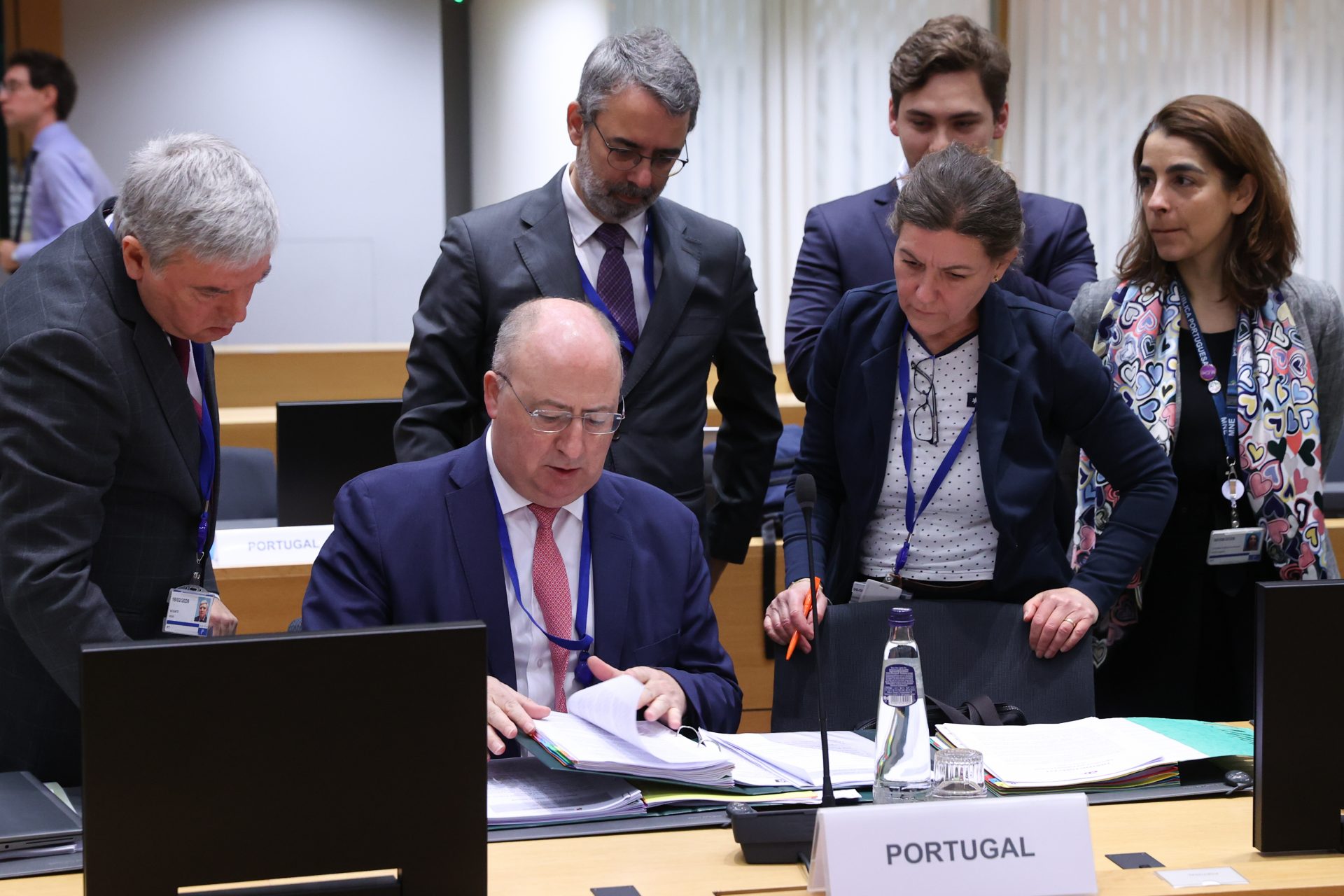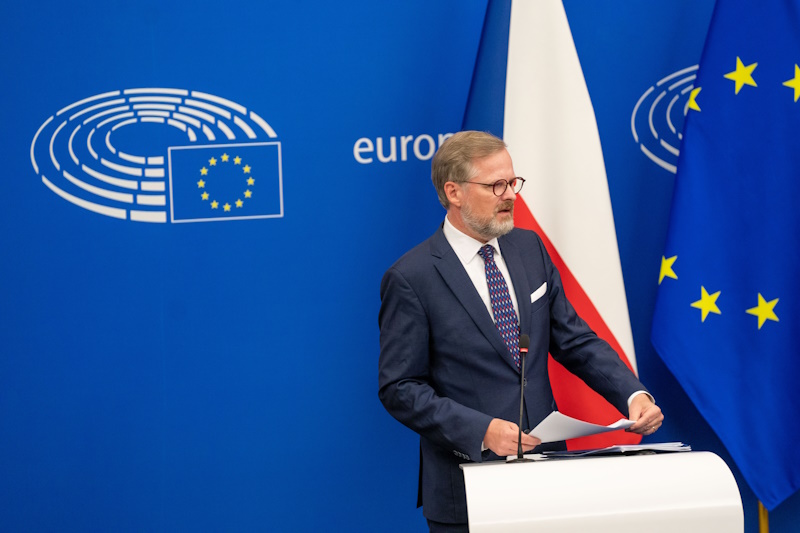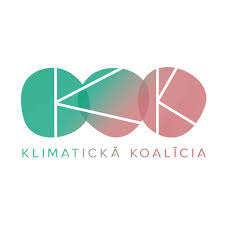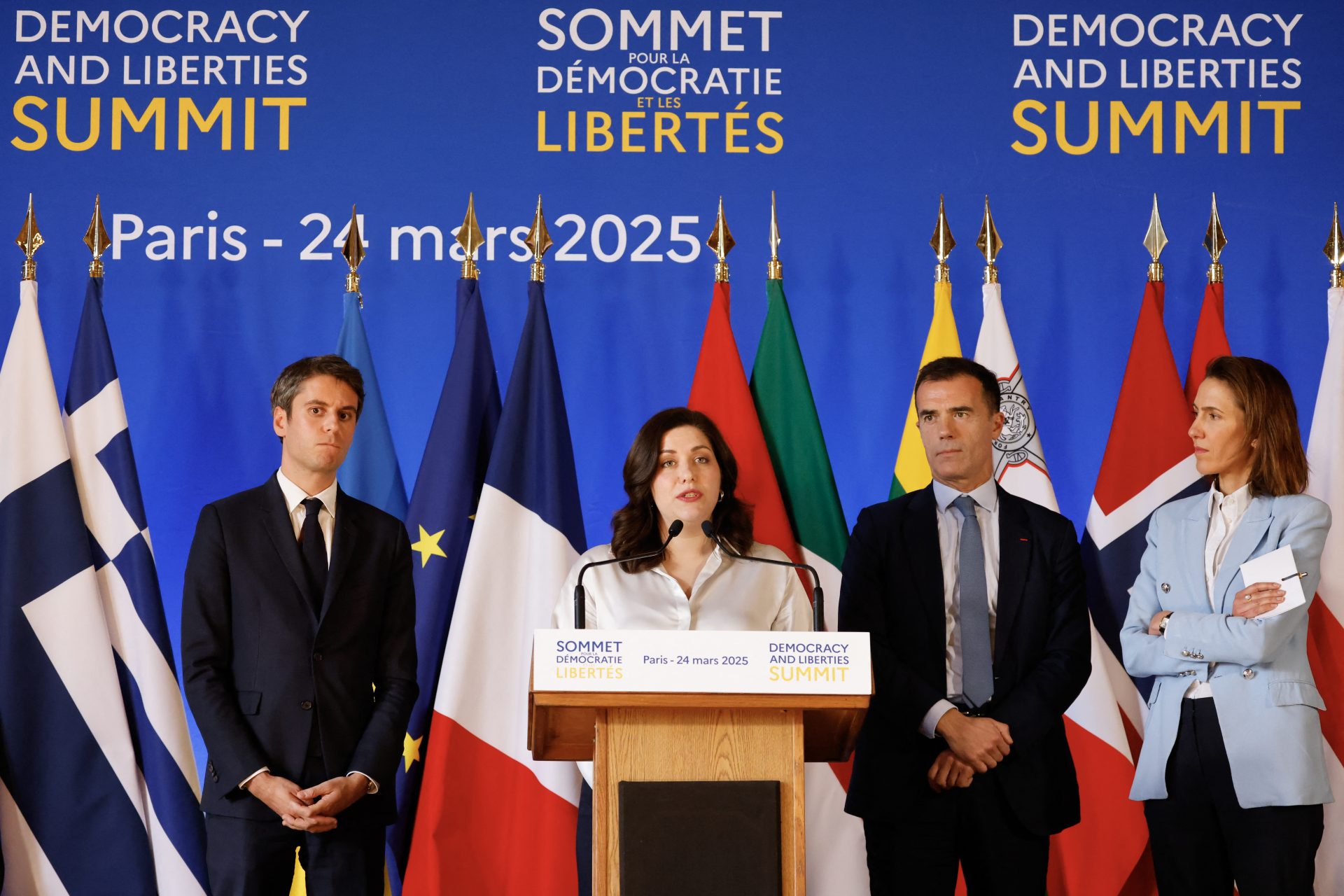ENVESOME, the new innovative EU program that explores how the environment shapes our health

Combining cutting-edge science, technology, and data, the new groundbreaking European program ENVESOME aims to reveal how the environment shapes our health.
European researchers are joining forces in a four-year effort to understand the “exposome,” which refers to the totality of environmental exposures and their impacts on public health and environmental sustainability. Air pollution, noise, bright artificial light, and hazardous waste are all around us and can have a serious impact on our health.
A new groundbreaking European research initiative called ENVESOME (“The Environmental Exposome and Health”) will study how the combination of these environmental factors throughout our lives contributes to chronic diseases such as heart and lung conditions, sleep disorders, and mental health issues.
Environmental factors are known to play a huge role in diseases today. The World Health Organization estimates that around 12.6 million people die each year as a result of living or working in unhealthy environments—almost one in four of all deaths worldwide. Traditionally, scientists and regulatory authorities have addressed issues such as air quality or noise individually, focusing on one exposure at a time. However, in reality, people are often simultaneously exposed to multiple pollutants and stressors, and these combined exposures may have a greater impact on health than any single factor alone. This is where the concept of the exposome comes in. Instead of examining environmental risks one by one, the exposome approach studies all the exposures an individual faces from conception, childhood, and adulthood to old age. If the human genome is like a map of all our genes, the exposome is a map of all environmental influences—everything we breathe, eat, drink, and experience in our environment throughout our lives. By capturing this complete “environmental footprint” of an individual, scientists can better understand how various factors interact and combine to affect our health.
ENVESOME will combine cutting-edge science, technology, and data to investigate how these exposures actually affect us. The project’s researchers will collect data on environmental conditions (such as air quality, noise levels, and even light at night) and analyze how our bodies respond using methods such as human biomonitoring (chemical measurements in blood or urine) and advanced cell biology experiments. They will also use artificial intelligence to identify patterns in the data, making connections between exposure to pollutants and the development of diseases. By integrating all this information, the team hopes to identify how and when certain environmental exposures cause health problems and, importantly, what can be done to prevent or mitigate these effects.
“For the first time, we have an international and interdisciplinary team examining the overall environmental footprint on human health,” notes Professor Dimosthenis Sarigiannis, coordinator of the ENVESOME project, director, and chairman of the Board of the National Research Foundation, in a related announcement. “ENVESOME is about connecting the dots between the environment and our well-being. By looking at everything from air pollution and noise to light and chemicals all together, we can understand their combined effects like never before. Our goal is to turn this science into practical solutions—helping people live healthier lives and build more sustainable communities for future generations,” he adds.
In addition to research studies, ENVESOME will provide tangible tools and solutions for various stakeholders, through the development of a mobile application for citizens to help individuals learn about their personal exposure to pollution and discover how to better protect themselves, and an artificial intelligence platform that will guide authorities in making informed decisions and improving regulations for environmental health. Additionally, a pollution and health chatbot will be developed for healthcare professionals to provide doctors and nurses with up-to-date guidance on the impacts of environmental exposures on patient health.
By testing these tools in real-world conditions (urban case studies and “living labs”), the project will assess how effective they are in reducing exposure and improving health outcomes.
The four-year program is funded by the European Commission’s Horizon Europe program, is managed by the National Research Foundation (NRF) in Greece, and includes 14 partner institutions across the EU. The HERACLES research center at AUTH’s KEDKE is also participating in the project.
Ultimately, ENVESOME aims to translate its scientific findings into concrete actions that will benefit society. The consortium plans to use the new data to update pollution limits and guidelines and to support targeted policy measures for healthier environments. It also seeks to promote healthy habits and awareness so that individuals and communities can take action to reduce the negative impacts of pollution on health. By the end of the project, the ENVESOME team is expected to provide not only new scientific knowledge but also practical solutions and policy recommendations for better protecting public health and promoting environmental sustainability for years to come. (8/5/25)
What's Your Reaction?
 Like
0
Like
0
 Dislike
0
Dislike
0
 Love
0
Love
0
 Funny
0
Funny
0
 Angry
0
Angry
0
 Sad
0
Sad
0
 Wow
0
Wow
0






















































.png?Expires=1838763821&Key-Pair-Id=K2ZIVPTIP2VGHC&Signature=IO0~CT3pU-TcxGc~yoZSmoQx23MZVuK-~4jSii~NKEblRmyO3el7NXPu~Rh1o23voASg7hlcHLw4kvQuDK1jssEhcjoNBBvEpZ~GGOAU6yosBhpHpeF179F~h7i6VxmsBNh9gtTutkoqY73O2YCFey~IAqSzKbBqETP1kP9cAg1916Z1YkJJs-5MliMrkZ5d7-mWGLbpHp2wGj2VlMph8XzYlL4~y1O7fB~JdIS~Rs4RMRs2x0WT1qUIpHAsf3GdwtOyAmKFSpIg8xCyNGZZ5h~13nXlmpd7uPvW8tBfttpG9pFTqcway-uch5WyfHOEfi7UlJCOWrr6fCYY5PMgSg__)






